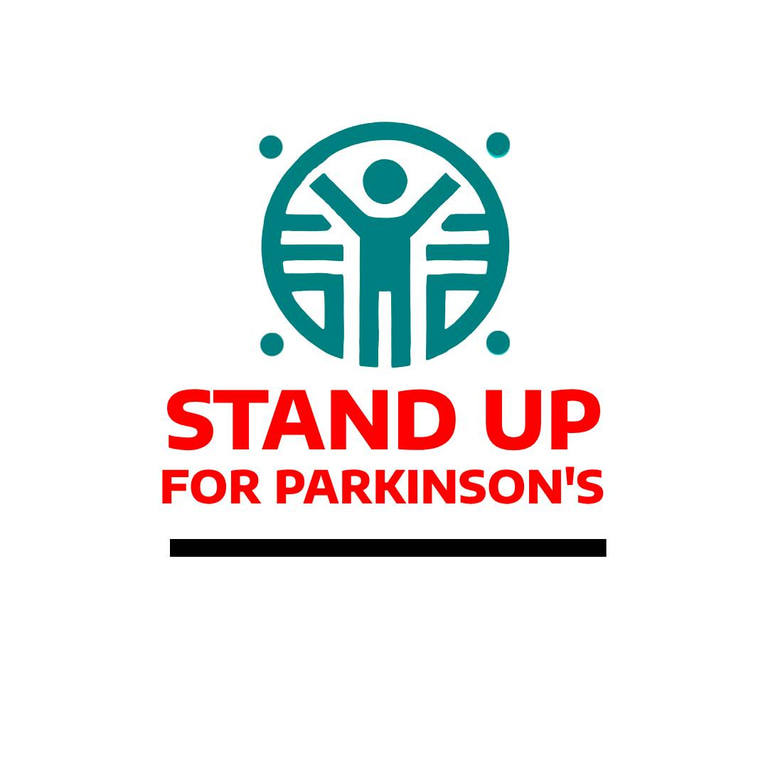Join me in challenging stigma, building awareness, and creating community for over 110,000 Canadians living with Parkinson’s.
My Journey to Diagnosis: The Signs I Couldn’t Ignore
3/15/20253 min read


My Journey to Diagnosis: The Signs I Couldn’t Ignore
My journey with Parkinson’s didn’t begin with my diagnosis—it started with my mother’s. Watching her navigate the ups and downs of the disease gave me a firsthand look at its challenges. But there were struggles beneath the surface that I didn’t fully understand. We didn’t talk much about her diagnosis, and I wish we had. There’s a lot I didn’t know she was experiencing and I believe she didn't know. As I’ve mentioned before, she had a Swedish saying that basically meant, “It is what it is.” But I’ve come to realize—it doesn’t have to be. There are things we can control.
I don’t even remember exactly when my mother was diagnosed. My kids must have been very young. It slowly crept into our lives, and by the end, it wasn’t just a disease—it had come to define her. She passed away in 2015, and one of her greatest fears was that she might pass this disease on. Four years later, in 2019, I was diagnosed with Parkinson’s. I'm glad she never knew.
Because of her journey, I started noticing strange things happening to me.
The first clue was my loss of smell and taste. My doctor sent me to an ear, nose, and throat specialist. That made sense. A loss of smell, or anosmia, can be caused by many things—upper respiratory infections like colds and flu, sinus problems, allergies, nasal polyps, even head injuries. It’s easy to dismiss, which is why so many people don’t recognize it as a warning sign of something bigger. They found nothing wrong, But on the way home, I did what any concerned person would do—I Googled it. Loss of smell can be an early sign of Parkinson’s or Alzheimer’s. Well, that’s unsettling. If I had to pick, I’d take Parkinson’s. But since the ENT said I was fine, I let it go.
Next I was referred to a neurologist. That seemed odd—what did smell have to do with neurology? Again, I was told everything was fine. I let it go.
Then came the second clue. A persistent rash on my face sent me to a dermatologist, who diagnosed me with seborrheic dermatitis. No real discussion—just a prescription. Curious, I looked it up when I got home. Seborrheic dermatitis is an inflammatory condition that typically occurs in areas of the body with many oil-producing glands, including the scalp, face, upper chest, and back. It’s also another early sign of Parkinson’s. Strike two.
Next was the weirdest one. When I walked, I noticed my left hand would curl up like a claw—almost like I was a LEGO figurine. That one didn’t turn up many answers online, but it stayed in the back of my mind. I now know it is Dystonia, a movement disorder that causes the muscles to contract.
The final strike came one Christmas while shopping with my kids. I picked up a stick of Old Spice deodorant, the smell of my grandfather, something that always brought back fond memories. Except this time—I smelled nothing. That was it. I made an appointment with my GP.
I was referred to a neurologist again. But by then, I had already put two and two together. When asked why I was there, I simply said, “Because I have Parkinson’s.” The doctor looked at me, surprised, and asked why I thought that. After listing off my symptoms, family history and going through a few quick tests, she confirmed it—I was right. I had Parkinson’s.
My neurologist was great. She took the time to answer all my questions, explained what the diagnosis meant, and reassure me that I wasn’t alone in this. She told me I would be referred to a movement disorder specialist (MDS), someone with expertise in Parkinson’s, to guide me through the next steps. Having that support in those first moments made a difference—I left the appointment with an idea what came next, rather than feeling lost.
I wasn’t shocked. I had been tracking my symptoms, preparing for this moment. I hadn’t even brought my wife to the appointment because I already knew what they were going to say. But I still had to go home and tell her—on her birthday, no less.
Oddly enough, I didn’t react with devastation. It felt factual, not catastrophic. Maybe because I had already faced the idea of Parkinson’s vs. Alzheimer’s and knew which one I’d rather deal with. I wasn’t happy, of course, but my mind immediately went to the next question:
How am I going to live my life now?
And that’s what this journey is about—not just the diagnosis, but how we move forward.
I forgot about "Parky Face" this was me about 3 months before diagnoses having a "great day" at Skegness Beach, England , with my family.
